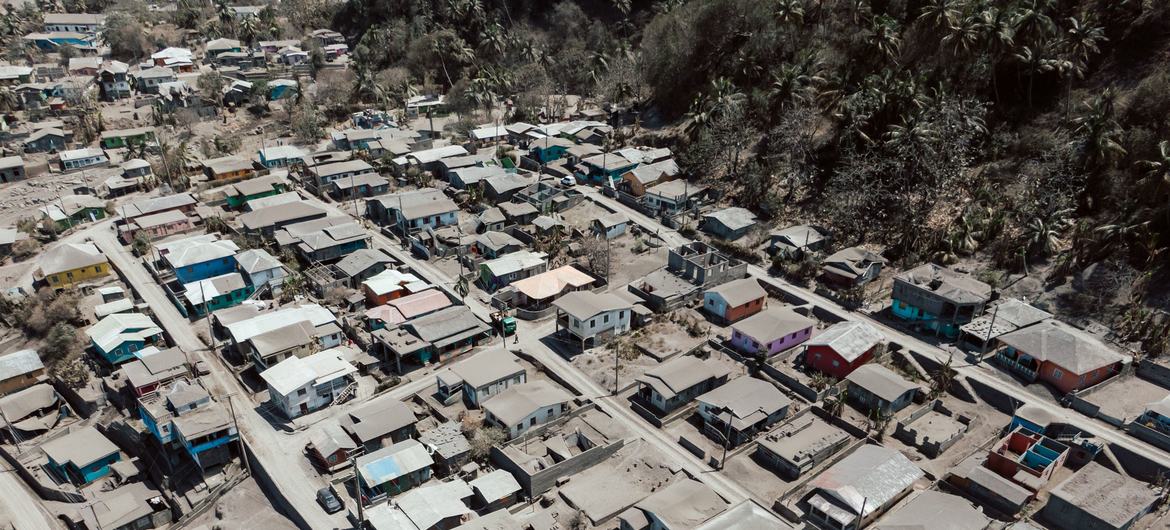The role of disaster preparedness in enhancing Caribbean’s safety and equity
There is a connection between disasters and inequality.
This is what the UN Resident Coordinator for Barbados and the Eastern Caribbean, Didier Trebucq and Nahuel Arenas, regional chief of the UN Office for Disaster Risk Reduction, underscored on the International Day for Disaster Risk Reduction marked annually on October 13th.
“In the Caribbean, we share a deep understanding of the intricate link between disasters and inequality. It’s a narrative of uneven access to crucial resources, leaving the most vulnerable exposed to the impacts of disasters. When disasters strike, they disproportionately affect marginalized communities, exacerbating existing inequalities and pushing them deeper into poverty,” Trebucq and Arenas wrote in an article published by the UN News.
Trebucq and Arenas also pointed out the “economic uncertainties, widening disparities, supply chain disruptions, energy shortages, price surges, and inflation” that diminish economic prospects and jeopardizes livelihoods while exacerbating the consequences of disasters.
This apparent hurdle is what the UN Office in the Eastern Caribbean is actively addressing, placing a strong emphasis on fulfilling their commitments to both the Sendai Framework and the Sustainable Development Goals (SDGs).
This involves a determined effort to decrease poverty and inequality, while also taking measures to address disaster risk and vulnerability. The primary emphasis remains steadfastly on the most at-risk communities, ensuring they receive the necessary protection and assistance they require.
Moreover, the rollout of the “Early Warnings for All” initiative, including in Caribbean nations like Barbados and Antigua and Barbuda, aims to establish global multi-hazard early warning systems in all regions within the next four years.
“By prioritizing the most at-risk communities, we offer them the vital lifeline of preparedness and early warnings,” Trebucq and Arenas added.
Climate-resilient infrastructure
At the forefront of climate-resilient infrastructure development is Dominica, a small island in the Caribbean working diligently to fortify its systems against the impact of climate change. The country has implemented a comprehensive strategy that focuses on building infrastructure that can withstand the challenges posed by a changing climate.
Dominica’s partnership with MMC Development Ltd. has led to the construction of thousands of stronger and better homes for its residents. These new residential units are expected to withstand the island’s frequent exposure to extreme weather events, designed and built with reinforced structures, impact-resistant materials, and elevated foundations that provide safer and more secure living environments for its residents.
Through this collaboration, Dominica is making strides in creating a more sustainable and resilient future, not only for its infrastructure but also for its people, economy, and environment.



